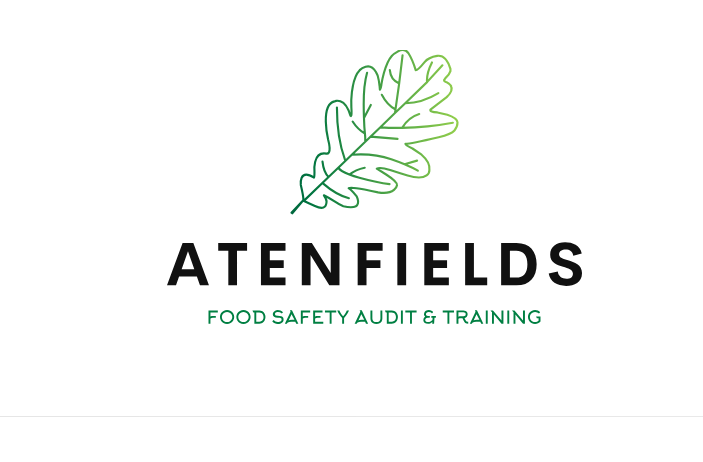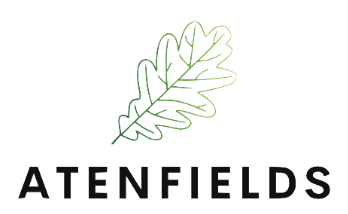Last week during an audit, we found bins full of fresh tomatoes, pumpkins, and greens still vibrant, still edible. For most people, that’s just waste,For us different, food loss it’s happens before food reaches the consumer during harvesting, handling










